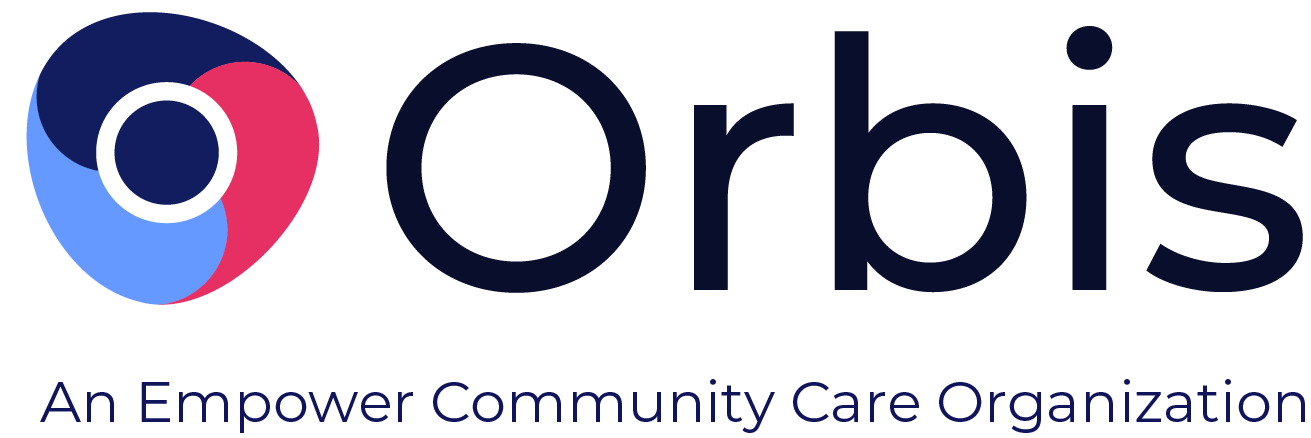According to the Centers for Disease Control and Prevention (CDC), alcohol is still the most commonly used and abused drug of choice for youth under the age of 21. In fact, the National Institute on Alcohol Abuse and Alcoholism (NIAAA) estimates that 4 percent of alcohol consumed in the United States each year is consumed by youths between 12 and 20 years of age, and 90 percent of that occurs in the form of binge drinking. Despite being viewed as not carrying a great risk by roughly 50 percent of teenagers, the ramifications of underage drinking can lead to lifelong mental and physical issues. From sexual assaults to car accidents, stories of the negative impact substance abuse can have on youth are frequent in the news and pose a serious public health concern across the country.
Dangers of Teen Drinking
Underage drinking poses many different risks and negative consequences to both teens and the people around them. Drinking alcohol can lead to poor decision-making, as it impairs a person’s ability to reason and use their better judgment. This is an issue that is exaggerated more in teenagers than adults, as adolescents are unable to make mature decisions due to their still-incomplete brain development and lack of life experience. According to Dr. Kathleen Berger, professor of human development at Bronx Community College of the City University of New York, “alcohol consumption is especially destructive during adolescence. The primary reason is that even in small doses, alcohol loosens inhibitions and impairs judgment — a dangerous effect in adolescents already psychologically off-balance because of ongoing physical, sexual and emotional changes.” This means an increase in the potential for teens to participate in risky behaviors or be involved in an accident if they have been drinking. Underage youth who drink alcohol have a higher risk of participating in unprotected sex—as well as either carrying out or being the victim of physical or sexual assault—than their non-drinking peers. Consumption of alcohol at an early age also increases a minor’s chances of developing alcoholism as an adult, with some studies showing that people who had their first drink before age 15 were four times more likely to develop an alcohol use disorder.
Another important consideration is the effect that alcohol use can have on a young person’s development. Key areas of the brain do not fully develop until adulthood, especially in the frontal lobe, which controls essential cognitive skills such as problem-solving, memory, and judgment. Multiple studies have shown that alcohol use in a youth interferes with brain development, and if this interference is significant, it may be irreversible even if the youth stops drinking. Alcohol consumption also increases a youth’s chances of early death. The CDC estimates that underage drinking results in the deaths of more than 3,500 youths under age 21 in the U.S. every year. Of those deaths, 1,580 are due to motor vehicle crashes, 1,269 are from homicides, 245 are from alcohol poisoning, falls, burns, and drowning, and 492 are from suicide.
There are many signs of alcohol abuse that parents can be on the lookout for in their teens. At school, uncharacteristic problems such as troublesome behaviors, a drop in grades, or a change in a teen’s peer group may be indicators of alcohol use. Periodic issues with attention and memory are also important to note, as well as any abnormal decline in their personal hygiene. At home, an increase in rebelliousness, sudden or unusual mood changes such as depression, irritability, and anger, or periods of lethargy and low energy can also be indicators.
Addressing Youth Substance Abuse Through Assessments
Parents play a significant role in shaping young people’s attitudes toward drinking and can have either a positive or negative influence, as research has shown that teens with parents who heavily drink are far more likely to do so than a child whose parents do not. Additionally, youth substance abuse can contribute to mental and physical health problems, involvement with law enforcement, and other uses of substances in the future.
Orbis Partners provides a cloud-based instrument, The Massachusetts Youth Screening Instrument Web Version 2 (Web MAYSI-2), to assess mental health needs in youths 12 through 17 years old. Web MAYSI-2 is used to help juvenile justice programs identify special mental health needs in youth. The assessment has 6 clinical scales that represent an important set of behaviors, thoughts, feelings, or symptoms associated with behavioral health problems and problems related to alcohol/drug use. Orbis also has a full risk, needs, and strengths Youth Assessment and Case Planning tool, YASI, which includes a substance use domain.
When adolescents begin to drink underage, it can create a multitude of life consequences down the line. Moreover, prior mental health disorders mixed with binge drinking can ultimately worsen a youth’s health. It is only with appropriate assessment screening and treatment that teens can identify mental health and behavioral health issues, learn healthy coping mechanisms for negative thoughts or feelings, and learn to live healthy lifestyles.
Orbis Partners provides solutions for criminal justice and human services systems, specializing in designing and implementing services for at-risk client groups. For more information about assessment tools related to youth mental health, visit our Youth Mental Health Assessment page by clicking here.


